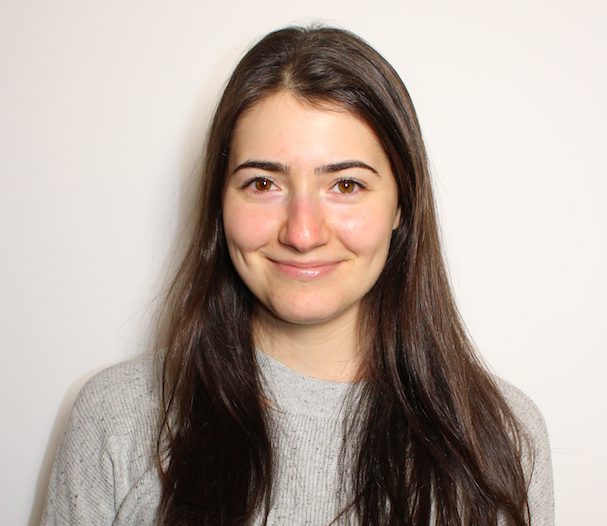When I was in college, my classmates would stay in the library through the night to cram for exams, while I would go to sleep and wake up early the next morning to review my notes. I was a serious early bird, and I always have been.
In a recent New York Times report, experts discussed the science behind our body’s individualised chronotypes—our internal clocks. We all have a circadian rhythm that determines our bodies’ optimal times for sleep, and that same principle also applies to the hours we work best, as our bodies have peak hours for brain power and productivity.
According to the Times, a growing number of businesses worldwide are encouraging employees to identify their bodies’ chronotypes and plan their schedules accordingly, ensuring that they’re doing their best work when they’re actually working. For instance, as a lifelong “morning person,” I know that I get my best work done before most are awake, but many night owls, of course, feel just the opposite.
“The problem is huge,” Celine Vetter, an assistant professor at the University of Colorado at Boulder and director of the university’s circadian and sleep epidemiology lab, tells the Times. “If we consider your individual chronotype and your work hours, the chances are very high that there’s quite a bit of misalignment.”
And while it’s not always possible to align your ideal working hours and your work schedule perfectly (after all, many people don’t control their work schedules, unless they work for themselves), it’s still helpful to better understand your optimal rhythms. “There are principles we can use to figure out the schedules that allow us to do better work, and have more time for rest,” Alex Soojung-Kim Pang, PhD, author of Rest and The Distraction Addiction, tells Thrive Global. Here are a few ways to find your ideal working hours, according to Pang:
Experiment
The traditional 9 to 5 is not the best schedule for everyone, so you will need some trial and error before you find what works for you. When it comes to finding your most productive hours, Pang says you shouldn’t be afraid to try out different routines. He also notes that it’s okay if you go through a few failures before you find the winner.
Try waking up and getting to the office super early and leaving early (if your manager will allow it), and then doing the same for a late shift. Then observe how you feel with each one. Know that optimal schedules can change as you age, too. “The schedule you followed in college often won’t work as well for your rhythms when you’re a new parent or empty nester,” Pang says. “So you need to try out different schedules to figure out what works best now.”
Remember: Focused hours beat long hours
Even if your manager won’t give you the flexibility to work according to your chronotype, you can still use your time more effectively. According to Pang, getting to know your work habits starts with working smarter, instead of longer.“Most knowledge workers and professionals will get more done in shorter periods of focused work than in long, outstretched hours,” Pang explains.
If you have a big task that feels daunting, focus on the work you can do now instead of delaying your workload. You’ll familiarise yourself with the time you need to take to get things done, and you’ll get to know which hours you feel most productive.
Take intentional breaks
Be realistic about your own attention span, and tune into the moments in your day when you find it at its peak (and valley). Then build in downtime accordingly, Pang suggests. “Generally, attention and energy levels flag after 90-120 minutes of work on tasks, so it’s good to build in short breaks,” he explains.
Pang recommends compartmentalising your workload—reserving focused, undistracted time for your biggest tasks, and leaving smaller, paperwork-type of tasks for your less optimal hours, when you feel slightly less sharp.
Create boundaries
Listening to your body’s natural rhythm can only work if you give yourself the time to recover from the effort you’re putting in during the week. Pang points out that setting boundaries with your work is vital if you want to be your most efficient when you are working. Whether you work fixed hours or you have little control over your schedule, it’s important to defend your time off the clock, Pang says. “That’s critical recovery time.”
Recognise the larger-scale need for flexibility
While Pang encourages experimentation and observation of our bodies’ clocks, he also notes that many workplace cultures are still struggling to respect the need for more flexible hours. While the Times’ report that some organisations are opening up to be more welcoming of alternative schedules is a welcome shift, many companies still struggle to accommodate employees whose best functioning happens outside of a traditional framework.
Working parents, for example, often have peak hours that are outside of normal work schedules, Pang says. “But many workplaces still treat the use of flexible [or alternative] schedules as a sign that you don’t love your job enough.”
Still, it’s worth spending the time to listen to your body, and to discover the hours of the day when you’re most productive. Once you know them, do your best to do your most intellectually demanding work then.
Want to share your story of how you thrive? Write to us at [email protected]
More on Thrive Global India:
Vishy Anand May Look Calm, But There’s a Battle Inside
What Do You Care What Other People Think?
Five Rules from Amitabh Kant’s Success Handbook
Don’t Wait Till You’re 60 to Turn to Spirituality: Neerja Birla


